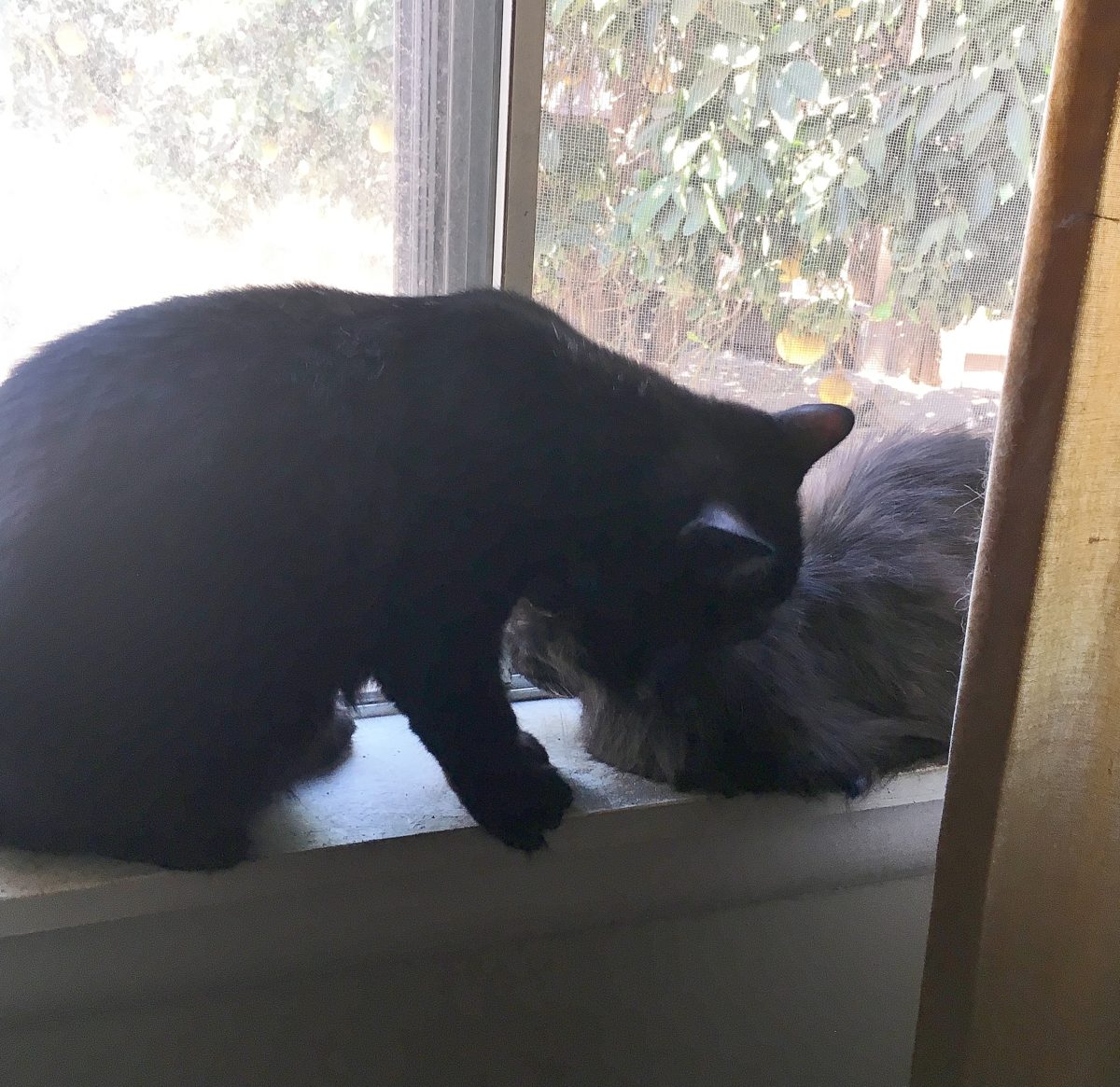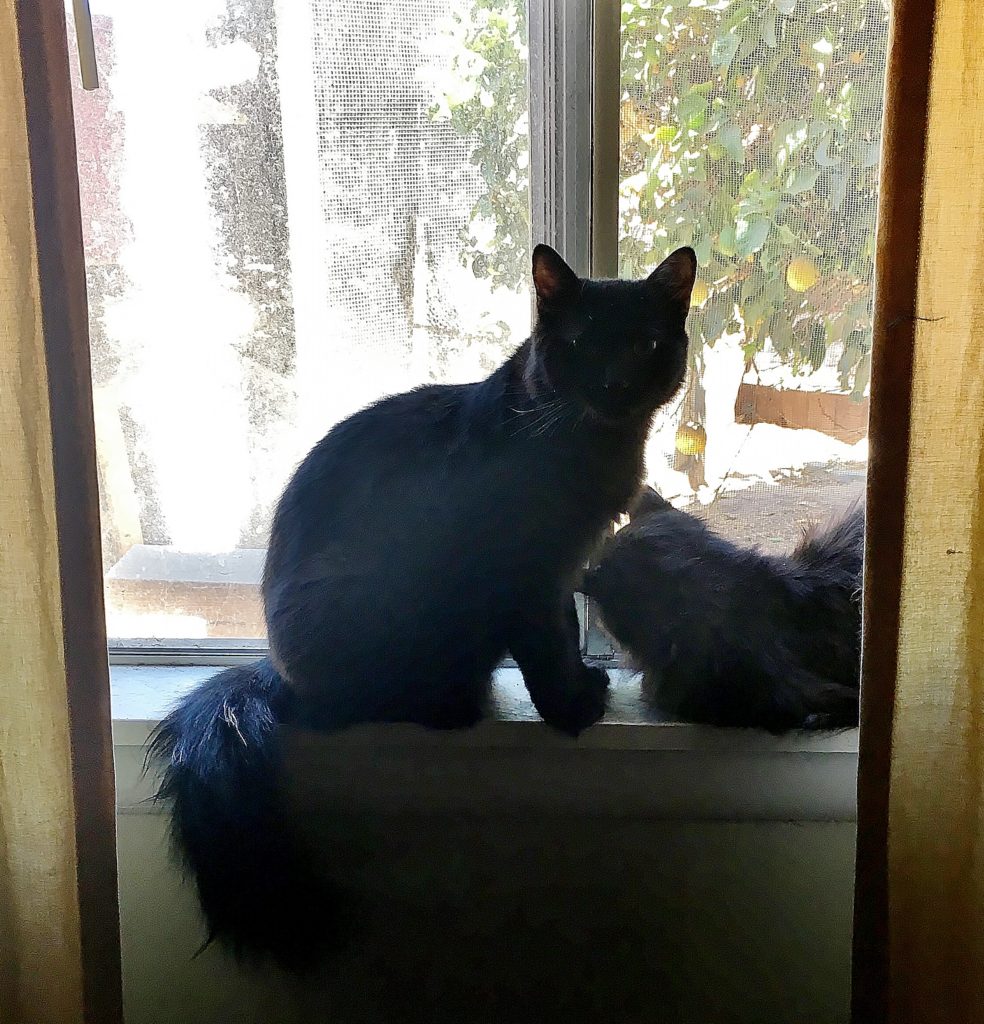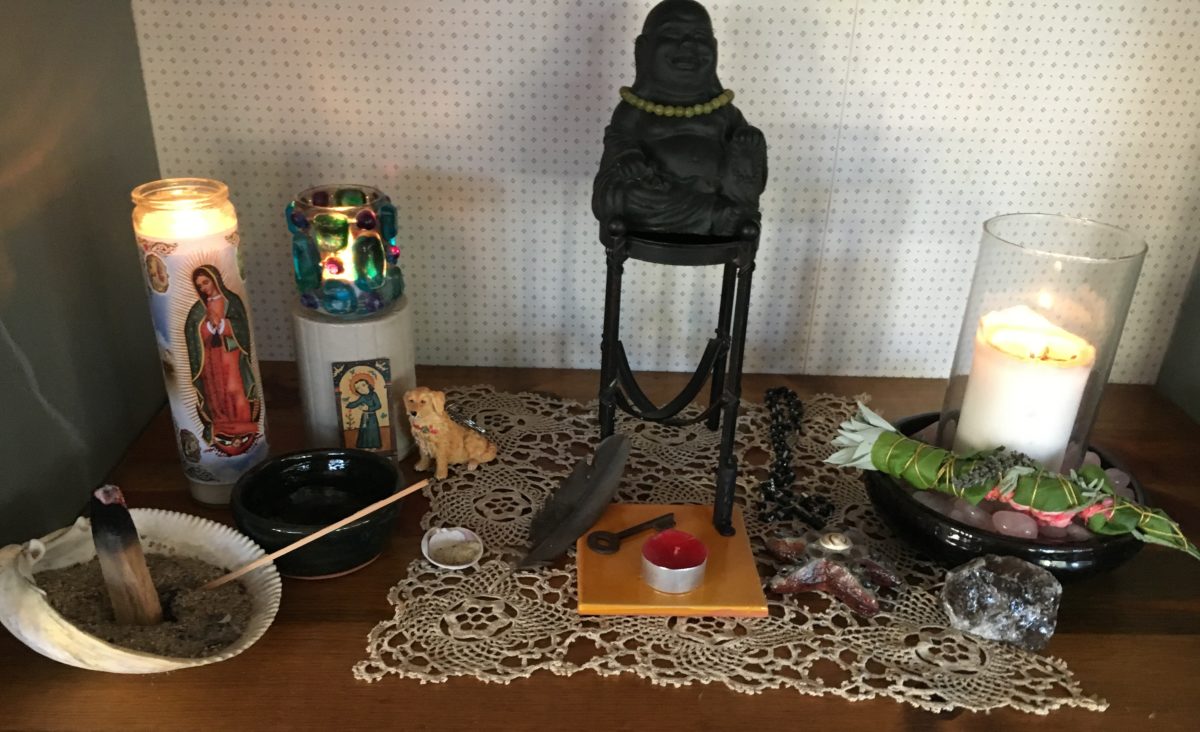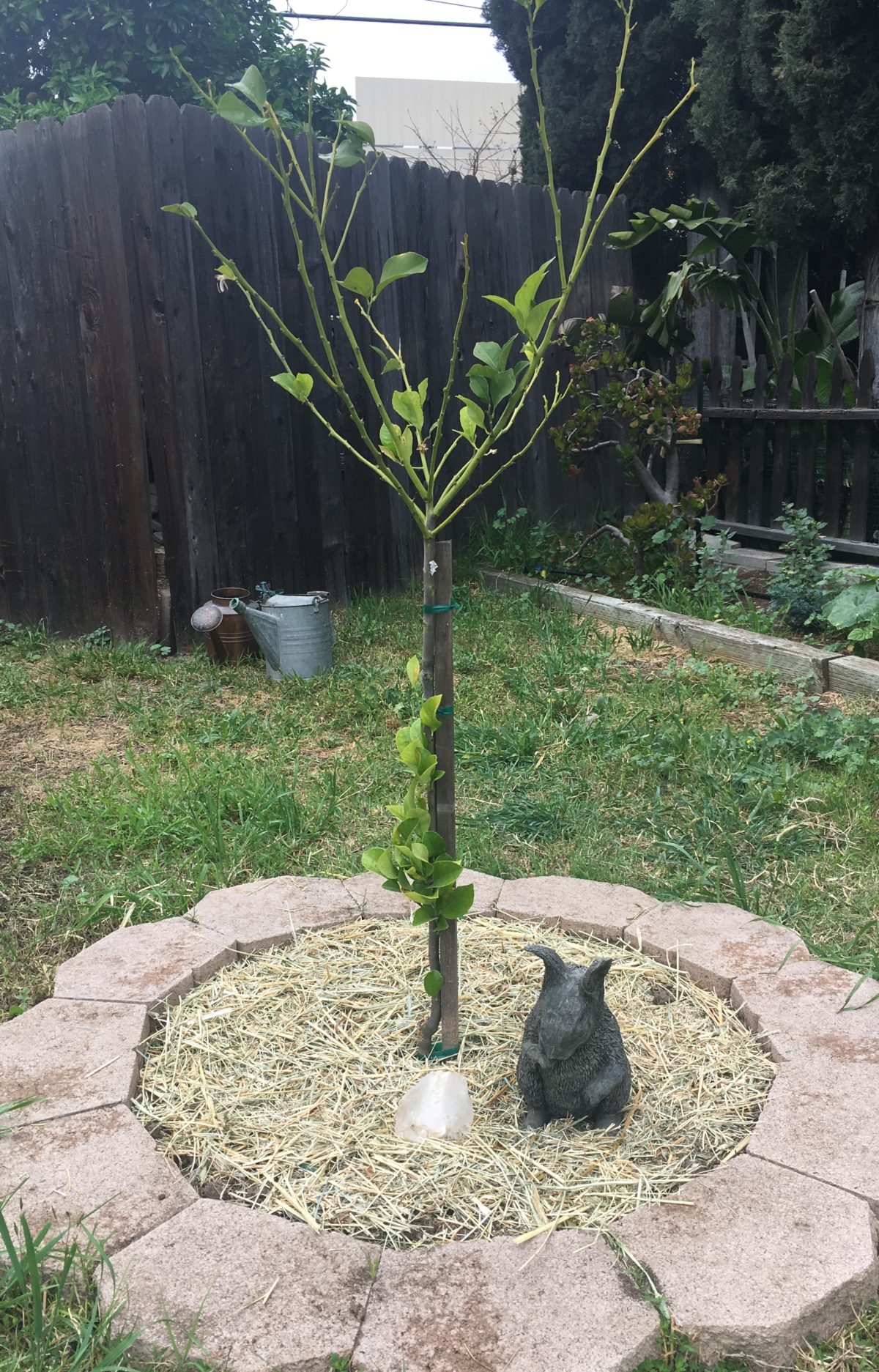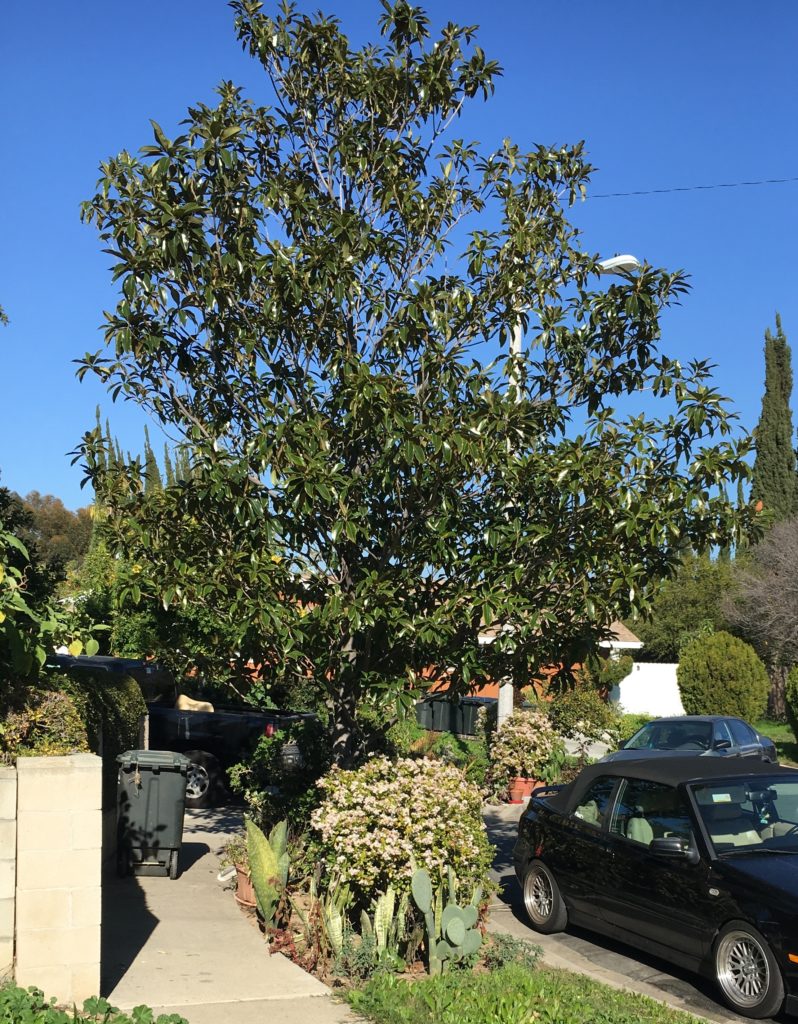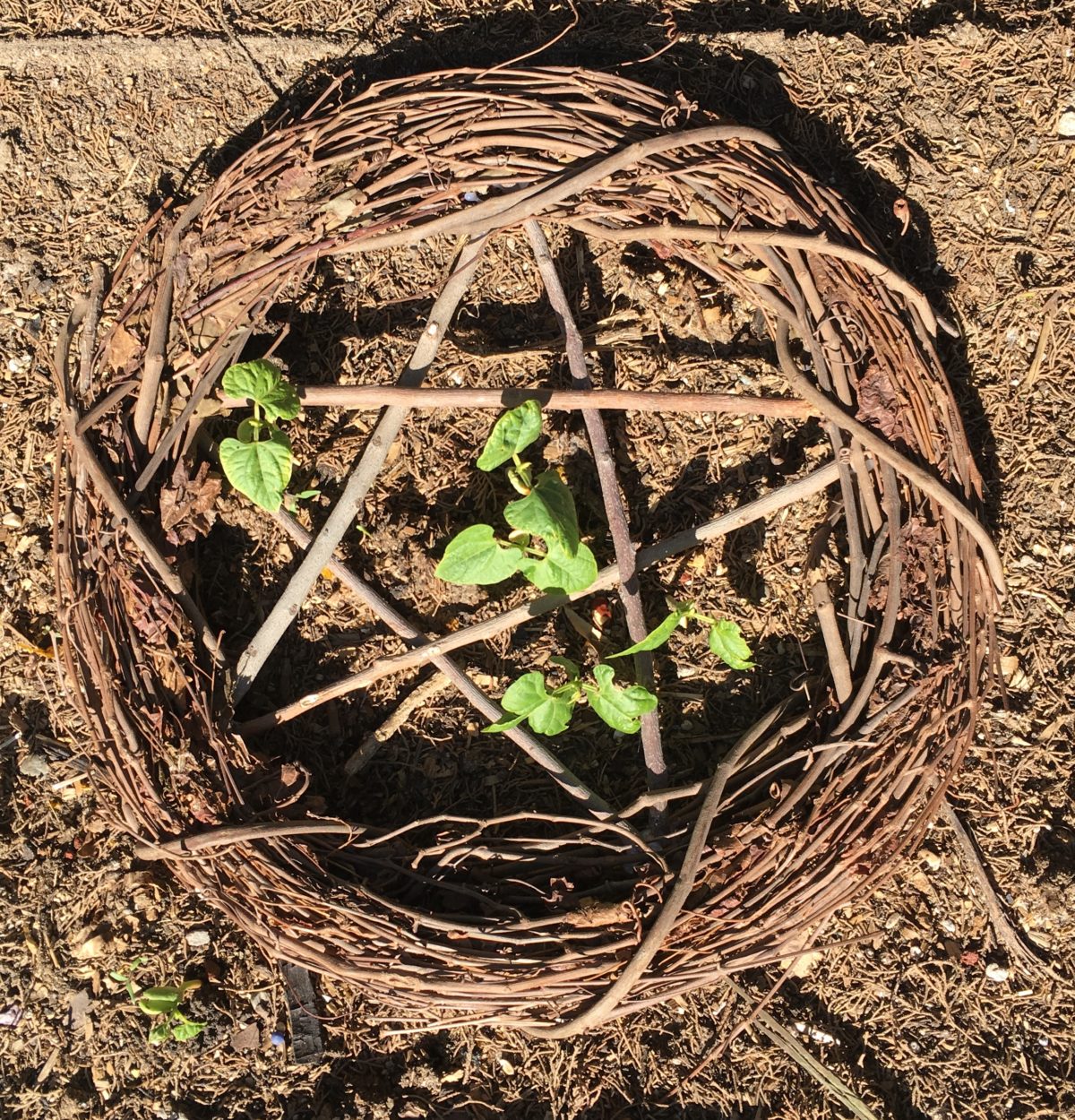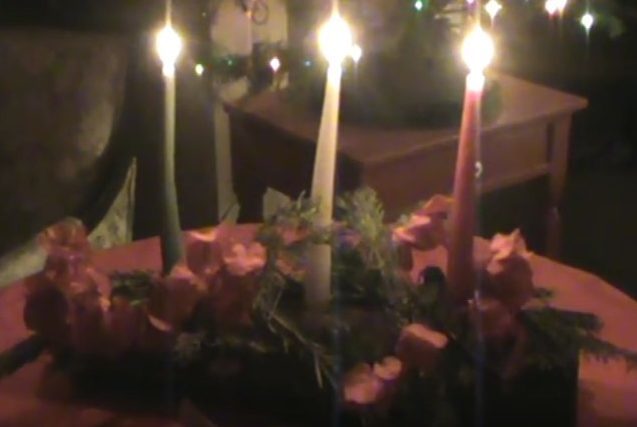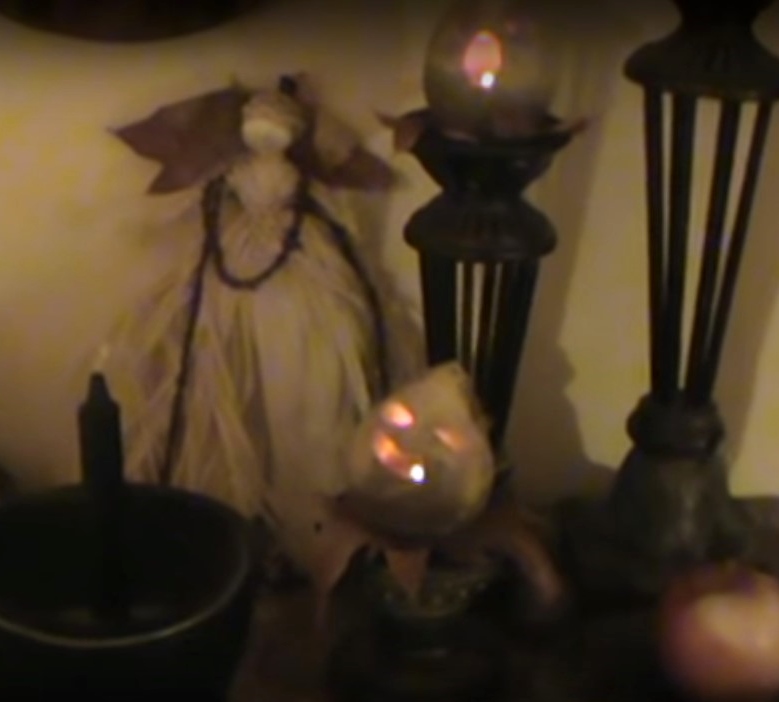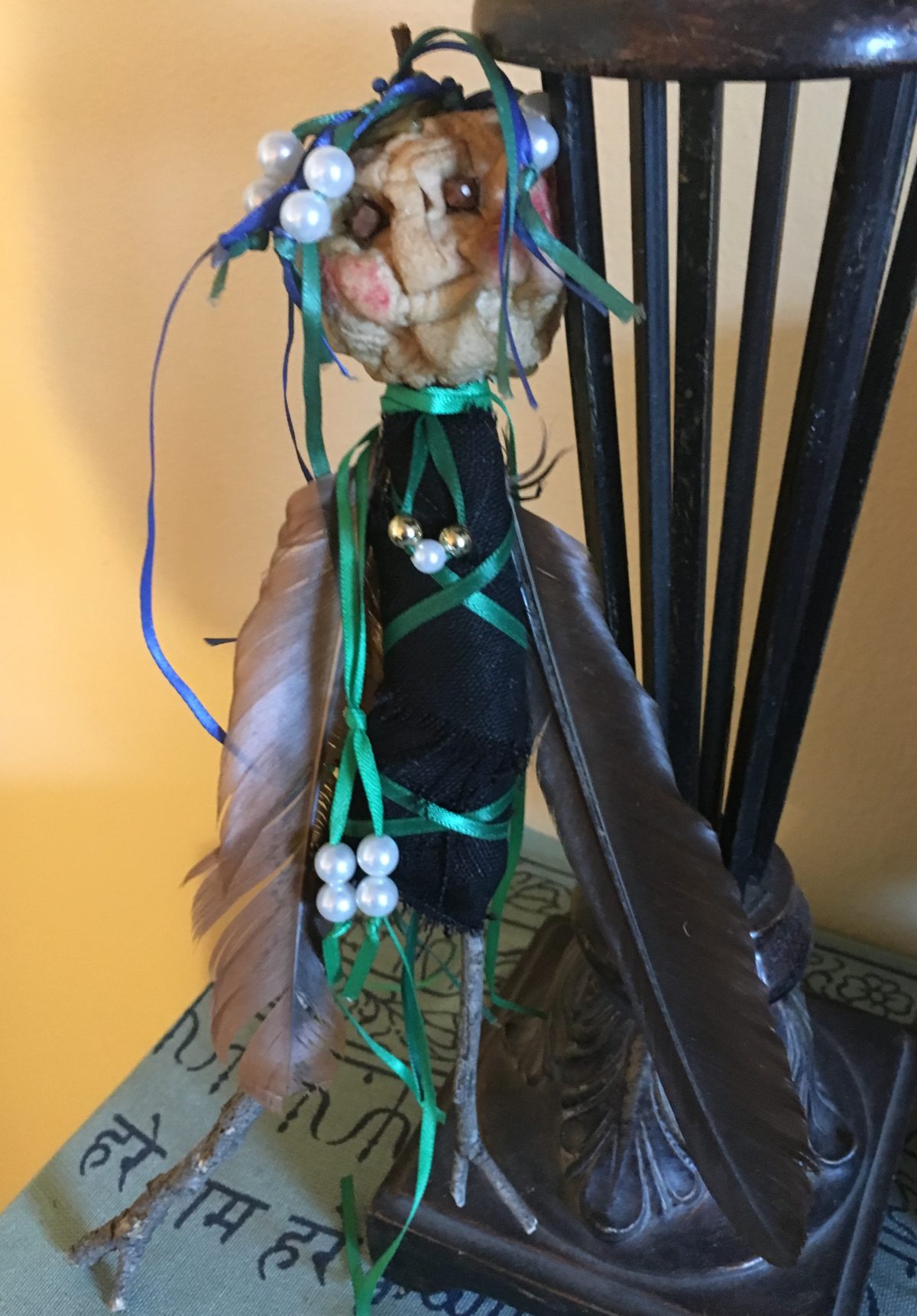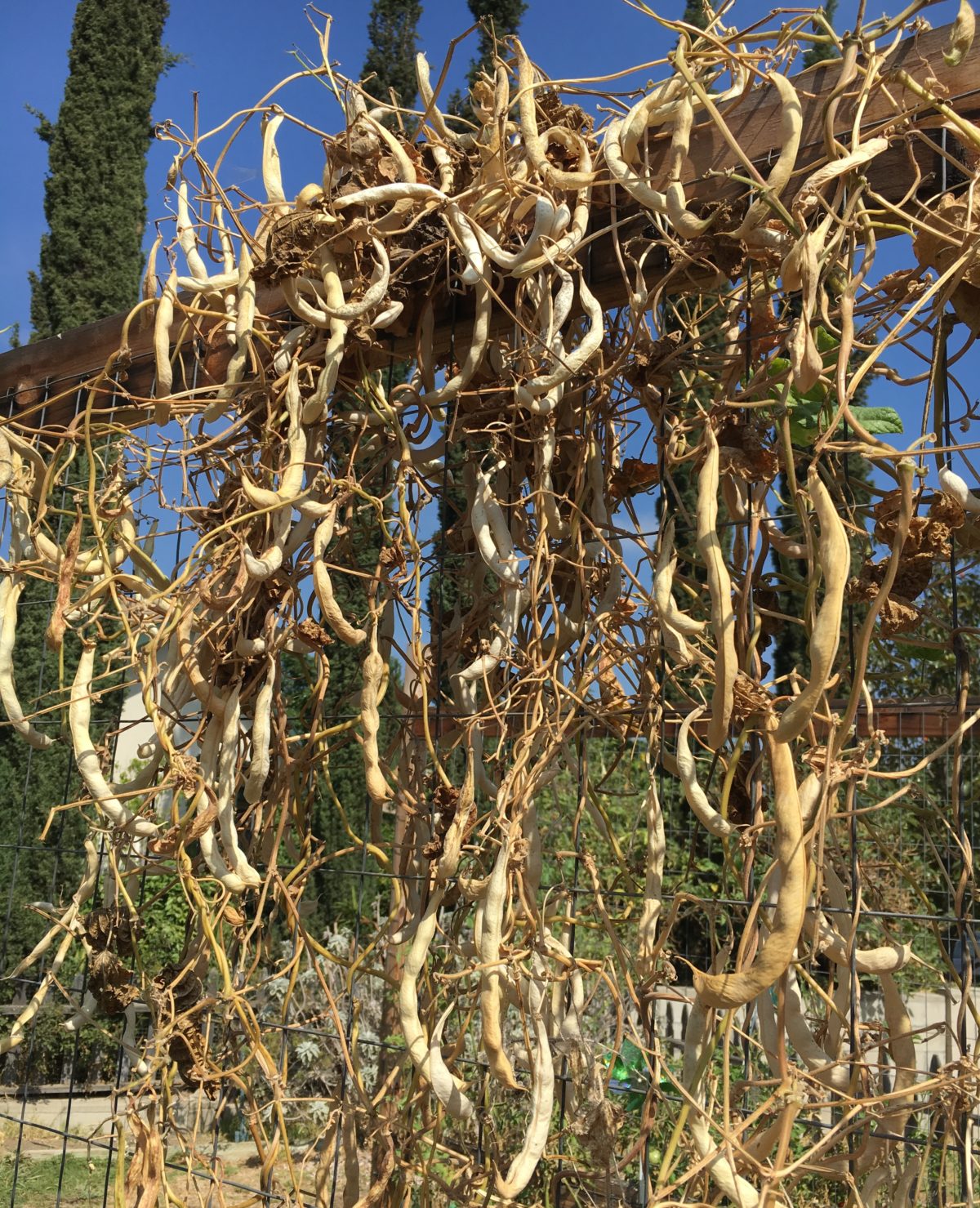I have had a lot of cats in my lifetime, more specifically my adult lifetime. When I was a young girl, my mother allowed a cat “experiment” one time only, when my grandmother’s sister sent a cat home with us following a visit to her farm. I am sorry to report the experiment ended when that cat gave birth to a litter of kittens in a pile of laundry at the bottom of the laundry chute. We were exclusively a “one dog only” family after that.
I have always been interested in the dynamics that occur each time a new kitten is added, or an old cat passes, within my home. My cats are not allowed outside, but do share quite a large, cat-friendly space inside, with many high perches, low hiding places and sunny window sills. It would seem likely that they all get along nicely within the well-established rhythm of an orderly, yet loving, home. It would SEEM so, — but unfortunately, this is the reality of No Cat Owner Ever.
I have two females among my clowder, who have spit, hissed and growled at each other for years. They were both equally cared for by an elderly gentleman cat, who faithfully groomed them and soothed them to sleep, each in turn, without malice or prejudice to either. When he crossed the rainbow bridge several years ago, there was no peace between these two spays. I had an idea that they needed something to do — there is a great deal of research supporting the idea that a troubled dog responds well if given a “job” — so I jumped at the chance to adopt two young toms, for each to “mother”!
No. Simply, no; I saw right away that wasn’t going to happen. The young males were quickly neutered and delivered, motherless, into the clowder, and soon, I had a house FULL of pouting, pissed-off pusses! And, here’s where my story begins…
No one was more put out than the eldest of the glaring. Puck, for his entire (younger) life, was the sweetest cat I have ever known. He got along equally well with people, cats and dogs; but now, at age 16 or 17, just wants to be left alone (a concept a young kitten cannot grasp). The more he complained, the more they bothered him. He sought out privacy in the highest places they could not access, which only increased their determinism to follow. I feared for his safety, as he slept so soundly he often fell from these great heights. Once they mastered the climb, they lay beside him, determined to win his heart.
He is now too weak to make the jumps he used to do so easily, so has taken to lie in the sunny windowsill of my bedroom. He stays there from early morning until late night, rarely leaving his perch, — only for food, water or litter box. He has lost so much weight that every bone can easily be seen. His skin is as delicate as brittle paper, and his rarely-groomed fur is falling out in clumps.
I walked into the bedroom yesterday, and this is what I found. One of the kittens was sitting next to Puck on the windowsill, gently grooming my sweet, old boy, who lay, contently, purring.
The Wheel is turning, gently, ceaselessly. The Old give in to the Young, who eventually take their turn to nurture, to comfort, to patiently wait with them until they can no longer stay. There is much love today in my home and in my heart.
I wish you blessings.

